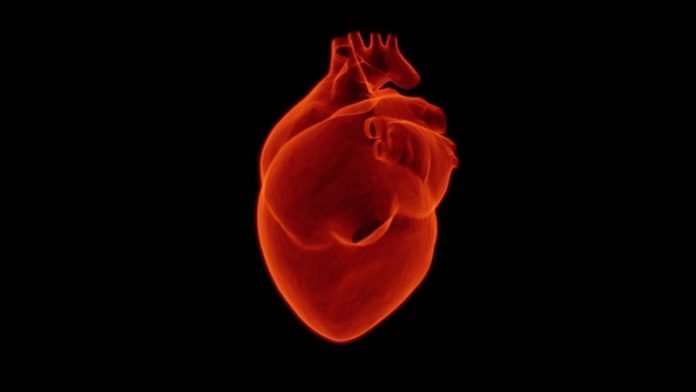
While there are therapies to aid in overall heart health, there are very few preventative therapies for heart failure after a significant heart attack, a serious condition that has very significant mortality.
However, in a new study, researchers have found a potential treatment that has shown promising results.
They showed that stimulation of a steroid receptor coactivator, SRC-3, by a molecule known as MCB-613 after a heart attack prevented the scar and bad repair of heart tissue that can lead to heart failure.
The research was conducted by a team at Baylor College of Medicine.
Heart failure after a significant heart attack is a leading cause of death in humans. It often occurs over a few years; a person becomes weaker and weaker and eventually they die.
In the study, the team was able to show that in mice, MCB-613 decreases damaging remodeling when given within hours after a heart attack, thereby inhibiting the subsequent development of heart failure.
The team had previously discovered and characterized MCB-613 as a small molecule stimulator for SRCs.
The family of SRCs is responsible for cellular plasticity and cell growth pathways during both normal and abnormal tissue growth.
After a heart attack, the damaged tissue scars.
This results in tissue loss and increased inflammation, fibrosis and a progressive decrease in cardiac function, all of which are hallmarks of myocardial infarction-induced heart failure.
The molecule works by stimulating SRC-3, thus initiating a complex cascade of events in tissue repair and modulation of the inflammatory response.
The team also found that after treating the mice model with MCB-613, there were no significant signs of toxicity.
These findings show that this molecule acts directly on heart tissue repair and regeneration after a severe heart attack.
They pave the way for the discovery of additional treatments to target chronic heart disease progression.
One author of the study is Dr. Bert O’Malley, professor of molecular and cellular biology.
The study is published in the Proceedings of the National Academy of Sciences.
Copyright © 2020 Knowridge Science Report. All rights reserved.



